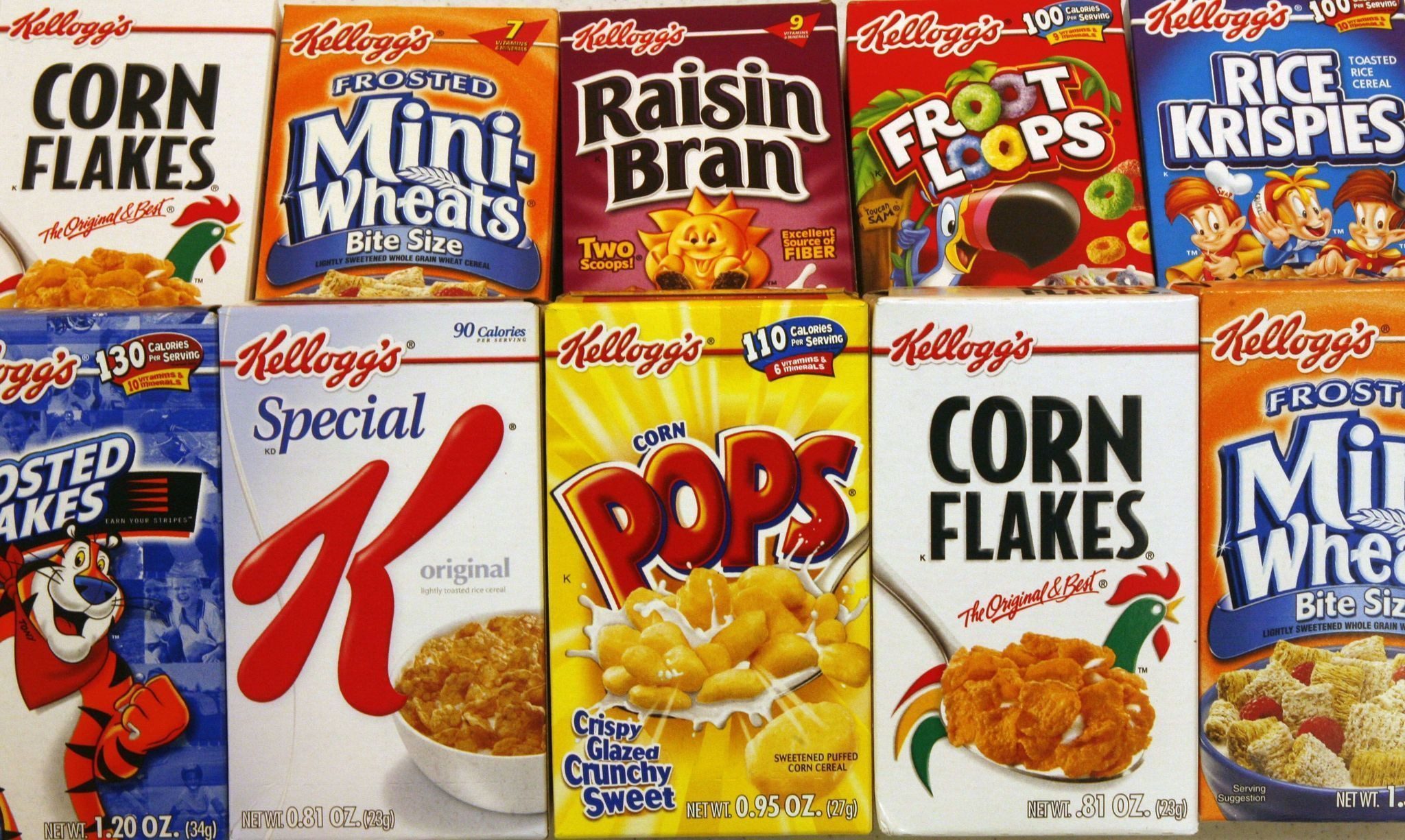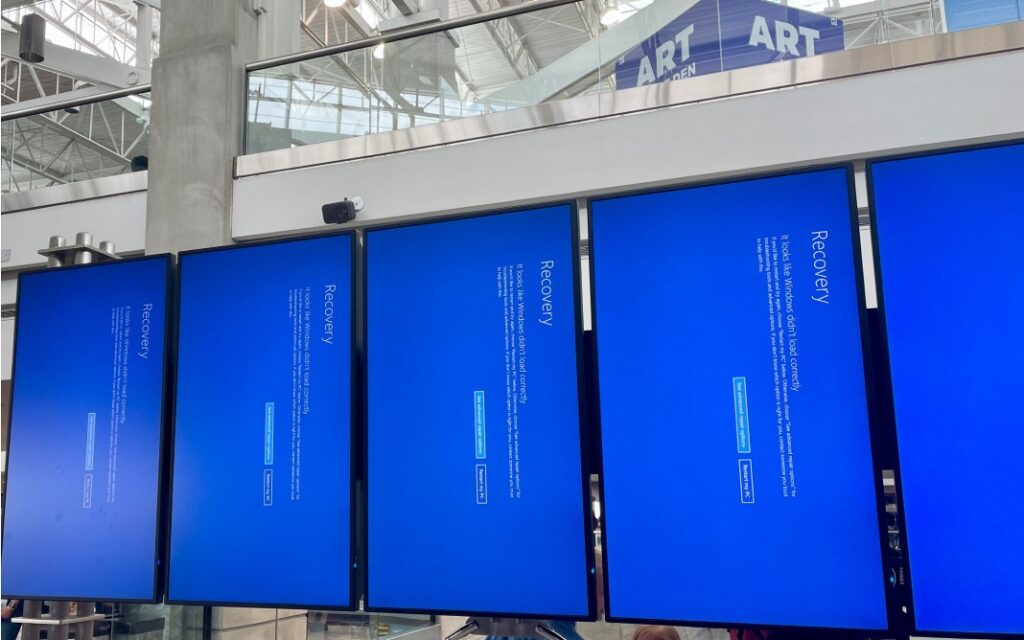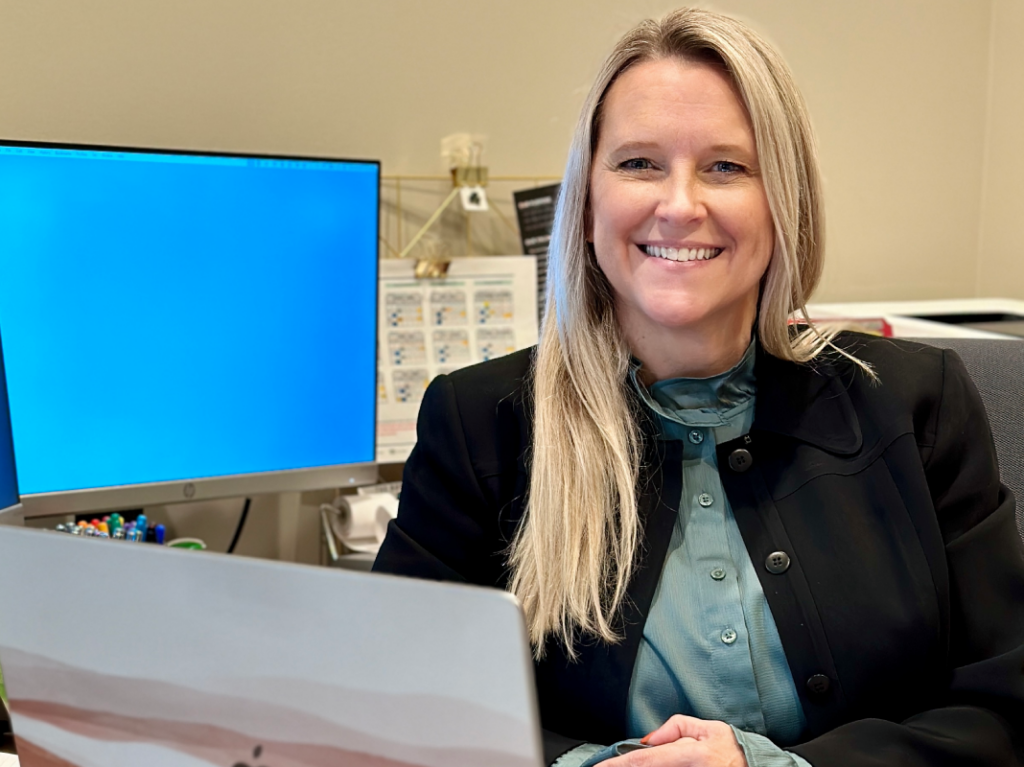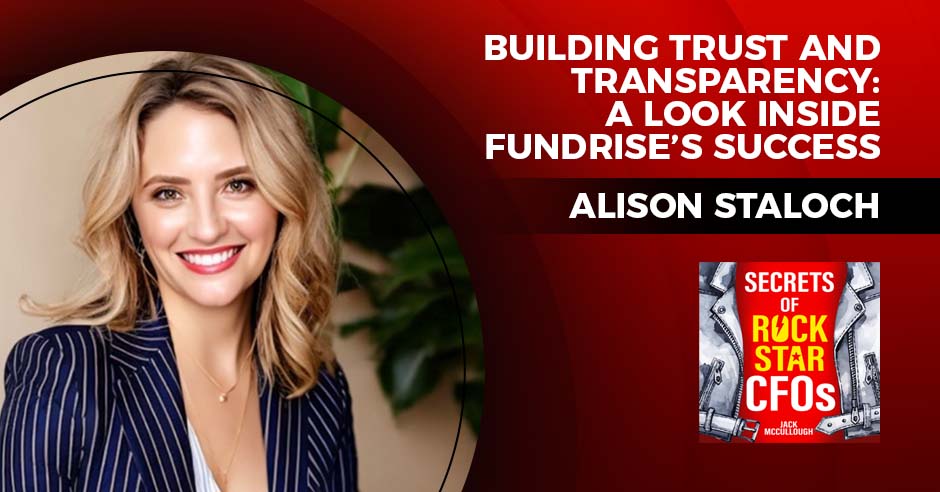 Kellogg’s launched 126 years ago as a cutting-edge food company when W.K. Kellogg came up with a way of making toasted corn flakes and then selling them in “Waxtite” packaging. And while caught flat-footed for a while by the recent better-for-you revolution in how Americans diet, America’s ready-to-eat cereal giant has been trying to catch up in a number of ways.
Kellogg’s launched 126 years ago as a cutting-edge food company when W.K. Kellogg came up with a way of making toasted corn flakes and then selling them in “Waxtite” packaging. And while caught flat-footed for a while by the recent better-for-you revolution in how Americans diet, America’s ready-to-eat cereal giant has been trying to catch up in a number of ways.
The most recent is a $100-million venture-investing arm called Eighteen94 Capital – for the year of the founding of the company, famously in Battle Creek, Michigan – which Kellogg’s established in 2016 with the aim of jump-starting its exposure to innovative products and ingredients and new talent in the food business in which it had been so dominant for decades. At the same time, Kellogg’s could help incipient innovators refine their product lines and scale up.
 But even Simon Burton, the veteran Kellogg executive who’s been managing director of Eighteen94 Capital from the start, couldn’t have anticipated truly how far-ranging Eighteen94’s involvement has been across the fast-evolving landscape of today’s food and beverage startups.
But even Simon Burton, the veteran Kellogg executive who’s been managing director of Eighteen94 Capital from the start, couldn’t have anticipated truly how far-ranging Eighteen94’s involvement has been across the fast-evolving landscape of today’s food and beverage startups.
“We launched Eighteen94 nearly five years ago at a high level looking for two things: strategic benefit and financial return,” Simon Burton, who’s been managing director of Eighteen94 Capital from the start, told CPGmatters.com. At the same time, Burton stressed, Kellogg’s VC arm differs from some others in the industry in that “we partner with the companies in question; part of our model is to help.”
So now, the company best known as the stalwarts of traditional and highly processed consumer packaged goods such as Frosted Flakes cereal and Pop-Tarts finds itself a leading investor in Siren, a plant-based-snack startup based in San Francisco; Bright Greens, maker of “blenderless” superfood smoothies; Taali, the New York-based originator of “popped” seeds of the water-lily plant; UCan, maker of “superstarch” performance supplements based in Woodbridge, Connecticut; and MycoTechnology, which makes mushroom-based ingredients in Aurora, Colorado.
Eighteen94 also has Kellogg’s invested in two startups that are promoting nutrient-dense supplements made from plants that previously were obscure to western consumers: duckweed, a family of pond plants that frequently are confused with algae; and moringa, the leaf of a tree that grows in warm climes around the world. Eighteen94’s first investment was in the moringa market leader, Kuli Kuli.
Kuli Kuli can use help improving its complicated supply chain for the moringa leaves it uses in its products as well as formulation assistance from Kellogg’s R&D corps in improving moringa products. Such smaller companies “are able to tap the resources within Kellogg to help develop their portfolios,” Burton said. “We’re not trying to run their businesses by any stretch. But where they’re looking for assistance and advice, we chip in and try to help.”
For Kellogg’s part, there’s “playing in a place where Kellogg doesn’t play,” Burton told Chief Executive. “So we’re partnering with a company that’s giving us some exposure and education in a very interesting and unique place.” Also, Kuli Kuli’s work with small farmers – founder Lisa Curtis is a former Peace Corps worker – aligns with Kellogg’s own goal to improve the livelihood of such folks throughout the Third World.
Already there’s been some direct help to the mother ship. For example, Kellogg has worked some of MycoTechnology’s ingredients into a Kashi nutrition bar because the startup offered “a very mild-tasting, efficacious protein that you can use in foods,” Burton said. Kellogg food developers also are working with a bitterness-blocking ingredient from MycoTechnology.
Burton noted that, in addition to any financial gains its VC investments might yield, and new ingredients and product applications, Kellogg as a whole learns a lot from the startups. “These companies are very agile and able to respond very quickly to situations, and innovation and launch very quickly,” he says. “Hearing those lessons and working closely with them on things is really good for Kellogg.”
Kellogg worked with Touchdown Ventures in San Francisco to set up its new fund. The company said initially that it would invest in North American companies with revenues in the $5 million to $10 million range. In a typical deal, Kellogg would invest $1 million to $3 million in Series A and Series B stage startups, up to a total of $100 million by next year.








